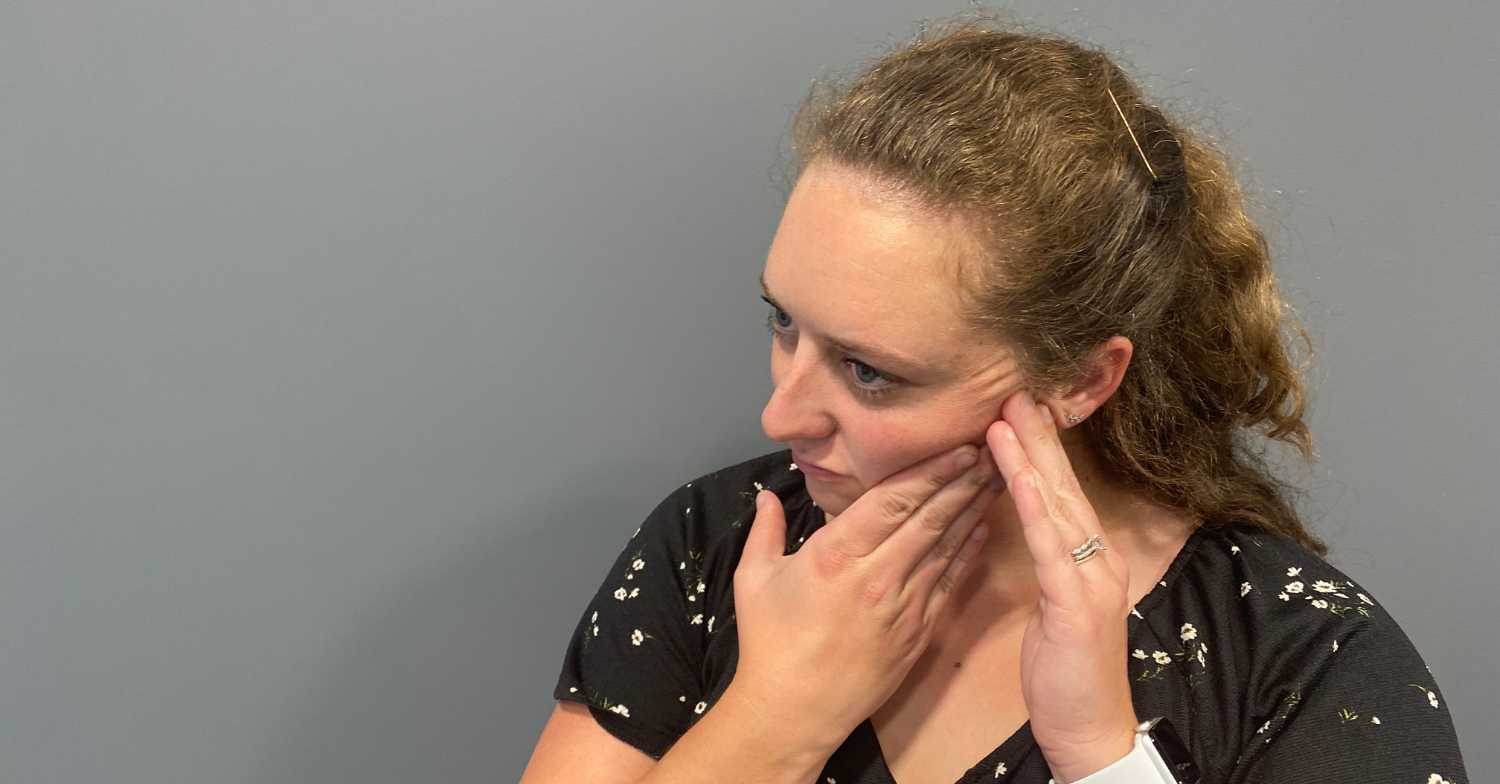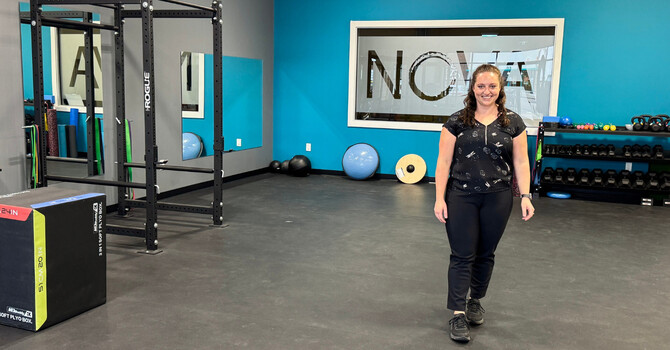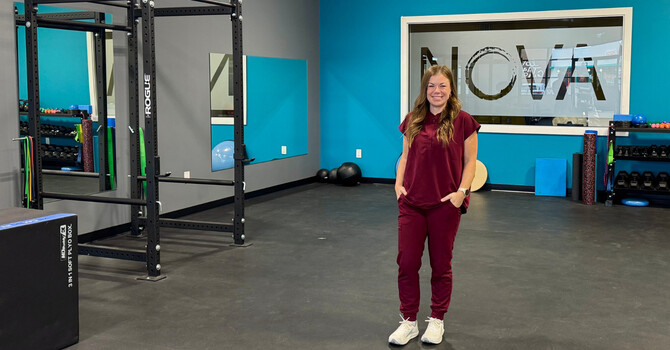
Physiotherapists can treat jaw pain!
If you experience clicking or popping of the jaw, headaches, clenching during the day or at night, locking of the mouth (either open or closed) and/or general tightness in the jaw, head or neck we recommend booking a physiotherapy appointment to get a full assessment and treatment plan.
The most common diagnoses for jaw symptoms include;
1. Disc displacement
The jaw has a disc which when functioning correctly, moves forward and backward when the mouth opens and closes. If there is damage to the ligaments that control this disc, it can slip out of place, typically being pulled forwards. When this happens, there is no longer the normal amount of cushion between the upper and lower parts of the jaw. Mild displacements can cause a clicking or popping sound in the joint and sometimes can be painful. More severe disc displacements can result in locking of the jaw open or closed. Physiotherapy can complete hands-on techniques and provide you with some exercises to help these symptoms.
2. Bruxism/Clenching
Bruxism is known as clenching or grinding of the teeth which often occurs during sleep. However it can also occur during the day. Clenching can put pressure on the articular disc of the jaw and contribute to muscle tension and tightness. If you wake up in the morning with jaw or face tightness or feel tension throughout the jaw, book in to see a physical therapist!
3. Temporal headaches
The temporal muscle starts at the side of the head and goes down into the jaw. Oftentimes, people with headaches experience jaw pain or vice versa. Using a muscle release on the temporalis muscle can typically help reduce these types of headaches. The muscle release is completed both on the outside of the jaw and inside the mouth.
Let's get to the route cause of your pain and create a treatment plan just for you!





